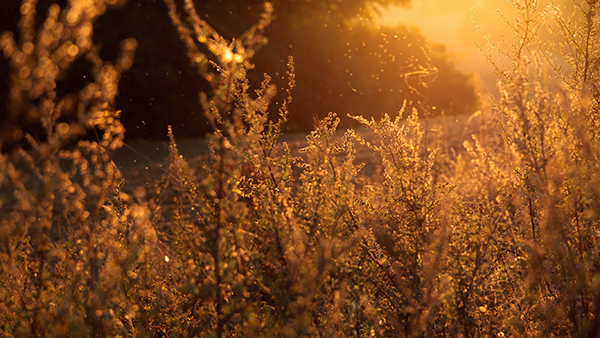
We’re heading into fall already, if you can believe it. Along with all the things that autumn brings (pumpkin-flavored everything, the leaves changing color, bearable temperatures) there are a few we can certainly do without, like the flu, allergies, and head colds. A few measures of prevention can go a long way in keeping you and your family healthy this fall.
Preventing the flu
Flu season runs from October through May, peaking between December and February. The CDC recommends that everyone over 6 months old should get a flu vaccine, especially high-risk individuals (children under 5, adults 65 and older, pregnant women, people with certain medical conditions, and residents of nursing homes and other long-term care facilities). The vaccine takes about two weeks to kick in, so if you plan on getting a flu shot, late September is the perfect time to do it.
What else?
- Keep your hands clean. It’s always important to wash your hands, but you’ll want to be fastidious about this during flu season—especially if you have children who are heading back to school and tend to bring illnesses home with them.
- Watch who you hang out with. If you’re able to, stay away from friends and colleagues when they are ill to reduce your chances of catching the flu, or any other fall/winter illness.
- Keep to yourself if you’re sick. If you find yourself coming down with the flu, minimize your contact with others. Symptoms include fever, chills, muscle aches, cough, congestion, runny nose, headaches, and fatigue.
School-borne illnesses
Colds that children pick up at school affect more than just their direct families because even if you don’t have children, you likely know people who do. And they’re probably going to catch something from their kid at some point during the school year. Friend, family or coworker, you’ll probably encounter an adult in the near future who got sick from a child. So, basically, we’re all in this together.
What are we to do? Take the usual precautions to avoid getting sick and set a good example for the wee ones:
- Wash, wash, wash. Same as when you’re trying to avoid the flu, keep those hands clean.
- Use a personal water bottle. If your children are allowed to bring a water bottle to school, encourage them to use a bottle instead of going to the drinking fountain (same for you grownups).
- Really, keep those hands clean. Carry hand sanitizer liquid or wipes for times when water and soap are not an option.
- Be courteous. Cover your mouth when you cough.
- Don’t be touchy. Avoid touching your face after touching potentially dirty surfaces (such as phones, lunch trays, doors).
Seasonal allergies
Struggling with seasonal allergies can certainly take a lot of the fun out of the changing seasons. In addition to over-the-counter remedies and prescriptions, there are non-medicinal ways to help yourself breathe a little easier.
- Dust and vacuum regularly. Pollen is your enemy and you want to keep it off the surfaces of your home. It can sneak in through open windows, on shoes and clothes.
- Keep your airways clean. You can keep your sinuses free of pollen with a neti pot. Flushing your nasal passages can help clear them of allergens wreaking havoc on your system.
- Eat more leafy greens and garlic; they can help relieve allergy symptoms.
- Shower before you sleep to help prevent allergens from coming into bed with you.
- Wear sunglasses outdoors to protect your eyes from airborne allergens.
- Replace any air filters you may have in your home.
Stay healthy out there.






